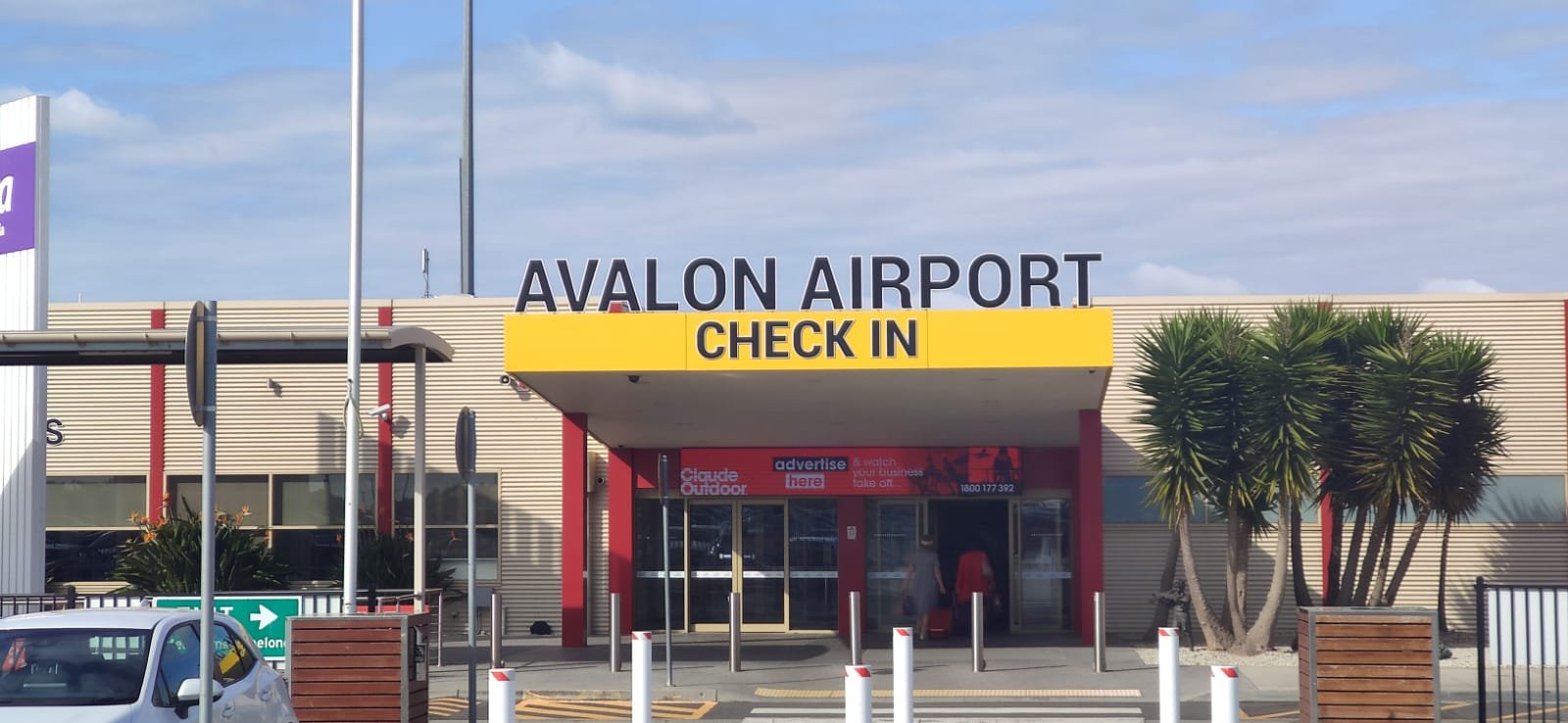Avalon Airport (IATA: AVV, ICAO: YMAV) is not only a symbol of connectivity and aviation progress in Victoria, Australia, but also a historic and evolving hub that has played a crucial role in the region’s aviation landscape.
Originally established as a humble sheep and cattle farm, the airport’s journey from its inception in 1953 to its current status as the second busiest airport for Melbourne is a remarkable testament to its importance.
Contents
- 1 Historical Significance
- 2 Aerospace Evolution
- 3 Avalon Airport’s Geographic Advantage
- 4 Infrastructure Growth
- 5 Freight and Maintenance Expertise
- 6 Economic Impact and Job Creation
- 7 Environmental Initiatives and Sustainability
- 8 Community Engagement and Outreach
- 9 Infrastructure Development and Expansion Plans
- 10 International Ambitions and Partnerships
- 11 Current Airlines and Future Prospects
Historical Significance
Avalon Airport’s history is evocative and deeply intertwined with Australia’s aviation heritage. The airport’s name itself, derived from the mythical Isle of Avalon, hints at its beginnings as a farm.
However, its transformation over the decades is nothing short of extraordinary. Initially, the airport was primarily established to cater to military aircraft production, reflecting its vital role in the defence sector.
It saw the assembly of Mirage fighters, which played a pivotal role in Australia’s military history.
Aerospace Evolution
As the years passed, Avalon Airport continued to evolve. It became home to a Qantas training base, contributing to the training of future aviators.
Moreover, it played a crucial role in aerospace developments under the Aerospace Technologies of Australia banner. These developments have not only enriched the airport’s history but also solidified its position in the aerospace industry.
Avalon Airport’s Geographic Advantage
Located approximately 15 kilometres northeast of Geelong and 50 kilometres southwest of Melbourne’s Central Business District, Avalon Airport enjoys a strategic geographic advantage.
Its proximity to major population centres in Victoria makes it a convenient choice for travellers residing in and around Melbourne and Geelong.
Infrastructure Growth
In recent years, Avalon Airport has undergone significant infrastructure upgrades. Investments exceeding $100 million have been poured into expanding its terminal and apron, enhancing its capacity to handle a diverse range of aircraft and increased passenger traffic. While it may not have aerobridges and luxurious lounges, the terminal efficiently accommodates various aircraft types, from Boeing 737s to the massive Airbus A380s.
Freight and Maintenance Expertise
One of Avalon Airport’s standout features is its excellence in freight services. It serves diverse sectors, including sporting events and specialized charters, and has the capacity to handle a wide array of aircraft types.
Furthermore, its maintenance facilities have a rich history of supporting major airlines like Qantas, demonstrating its versatility in handling extensive aircraft modifications. This aspect adds another layer of significance to the airport, showcasing its multifaceted capabilities.
Economic Impact and Job Creation
Beyond its role as a transportation hub, Avalon Airport contributes significantly to the local economy.
The airport’s operations create jobs for thousands of people in the region, ranging from airline staff and ground crews to maintenance and administrative personnel.
Additionally, the flow of goods and passengers through Avalon stimulates economic activity in surrounding areas, including tourism, hospitality, and retail sectors.
Environmental Initiatives and Sustainability
In recent years, Avalon Airport has taken steps to address environmental concerns and promote sustainability. Initiatives include energy-efficient lighting, waste reduction programs, and water conservation efforts.
The airport’s commitment to reducing its carbon footprint aligns with broader environmental goals, making it a responsible and forward-thinking player in the aviation industry.
Community Engagement and Outreach
Avalon Airport is not just an aviation facility; it is an integral part of the local community. The airport engages in various community outreach programs, including educational initiatives, aviation workshops, and sponsorships of local events.
These efforts foster a sense of connection between the airport and the communities it serves.
Infrastructure Development and Expansion Plans
To meet the growing demand for air travel, Avalon Airport continues to plan for the future. Ongoing expansion projects aim to enhance the passenger experience and accommodate larger aircraft.
Plans may include the addition of aerobridges, improved lounge facilities, and increased flight options, ensuring the airport remains at the forefront of regional aviation development.
International Ambitions and Partnerships
While Avalon Airport primarily handles domestic flights, it remains open to international opportunities. The airport’s strategic location and existing infrastructure position it as a potential gateway for international travellers to Victoria.
Ongoing negotiations with international carriers and aviation authorities reflect its ambition to expand its horizons and offer global connectivity.
Current Airlines and Future Prospects
Currently, Avalon Airport is serviced by airlines such as Jetstar and Bonza, providing passengers convenient connections to key destinations like the Gold Coast and Sydney.
Although international flights from carriers like Citilink and AirAsia X have ceased, the airport’s strategic location and comprehensive facilities indicate a robust potential for future growth and enhanced connectivity.
